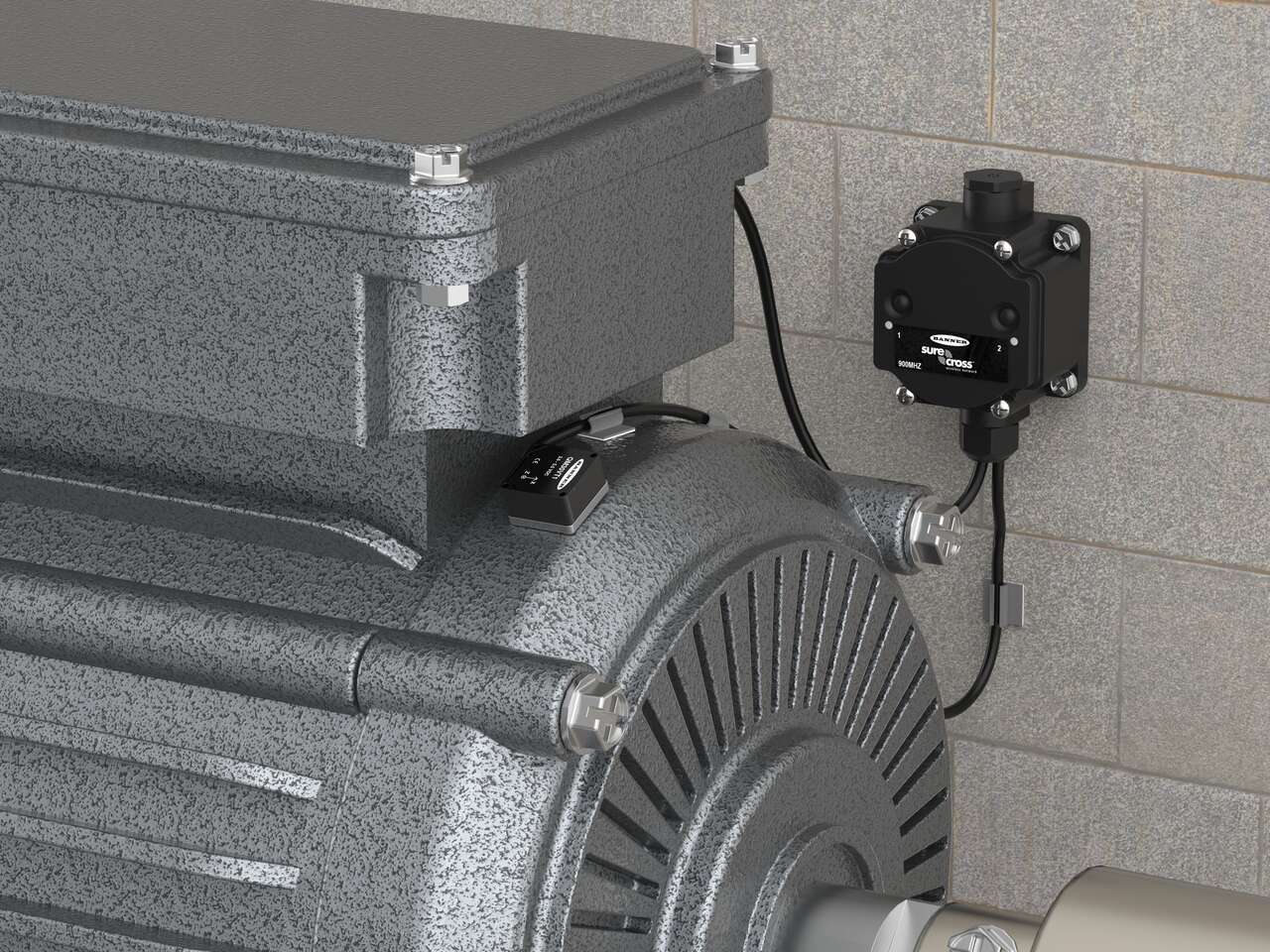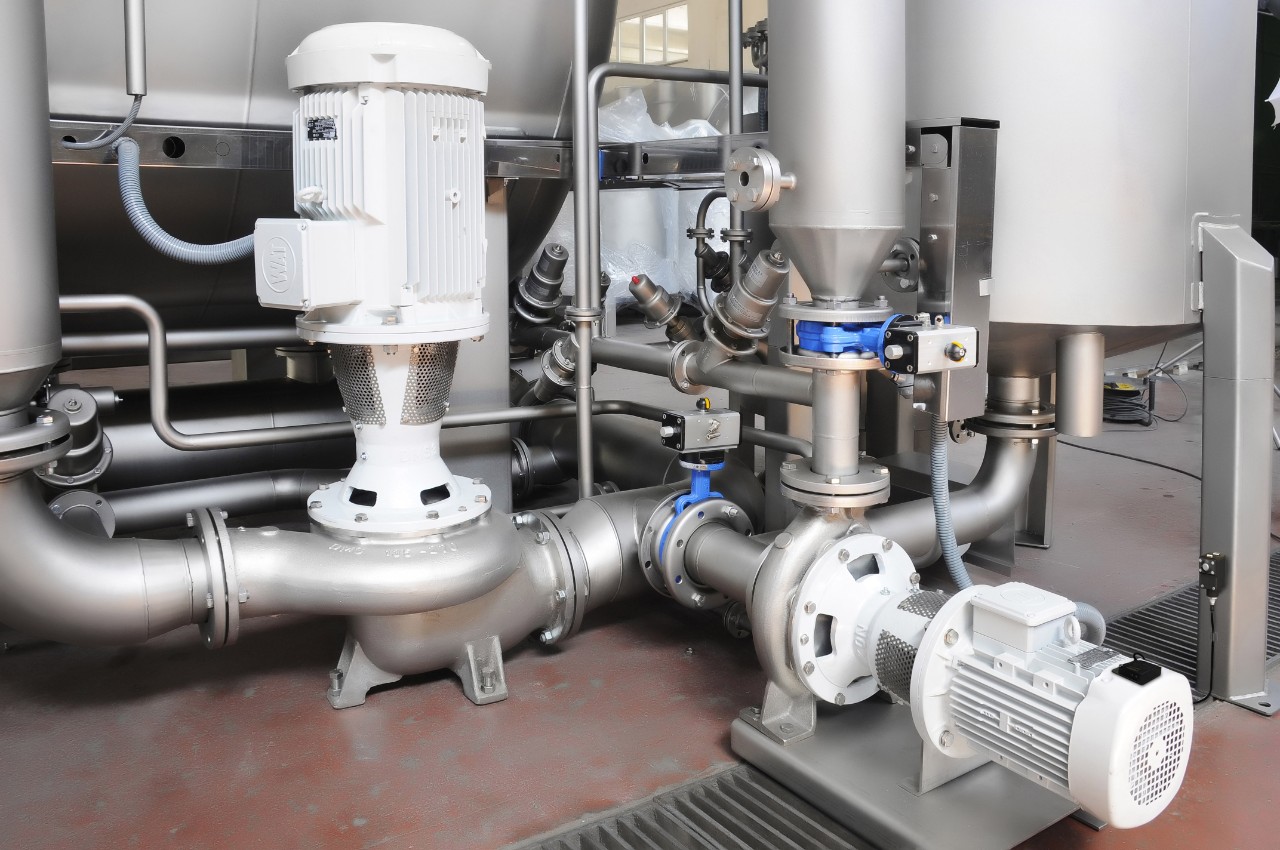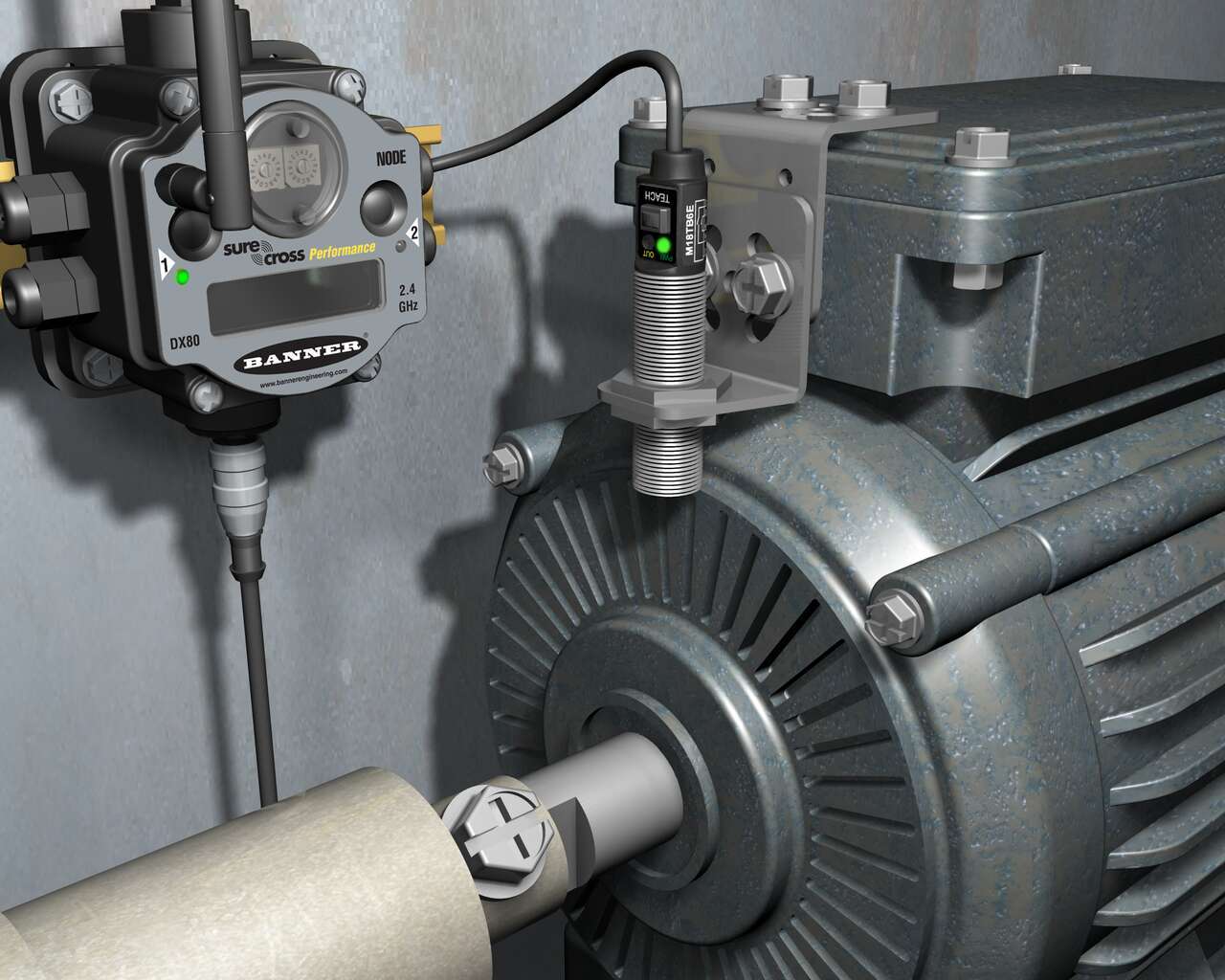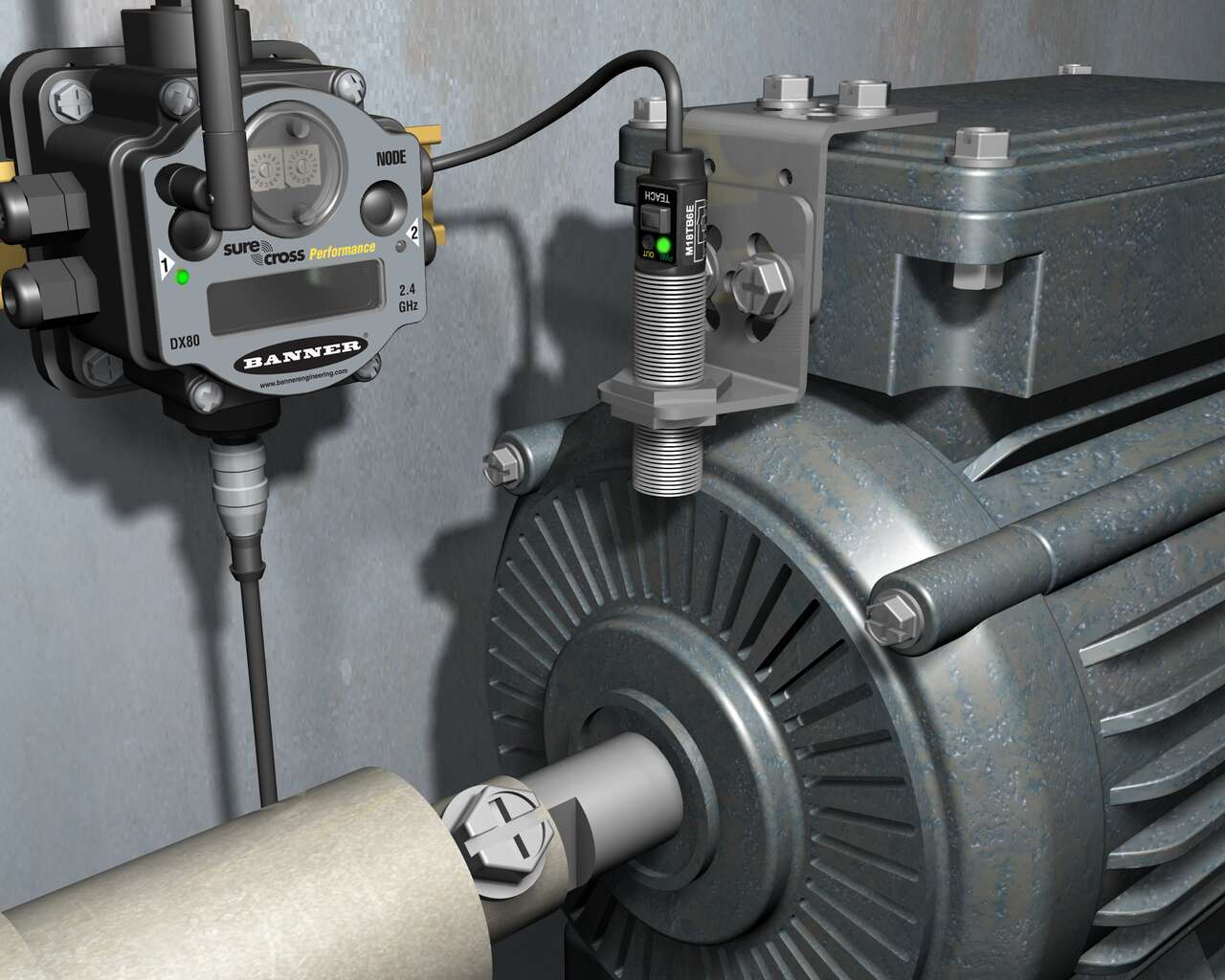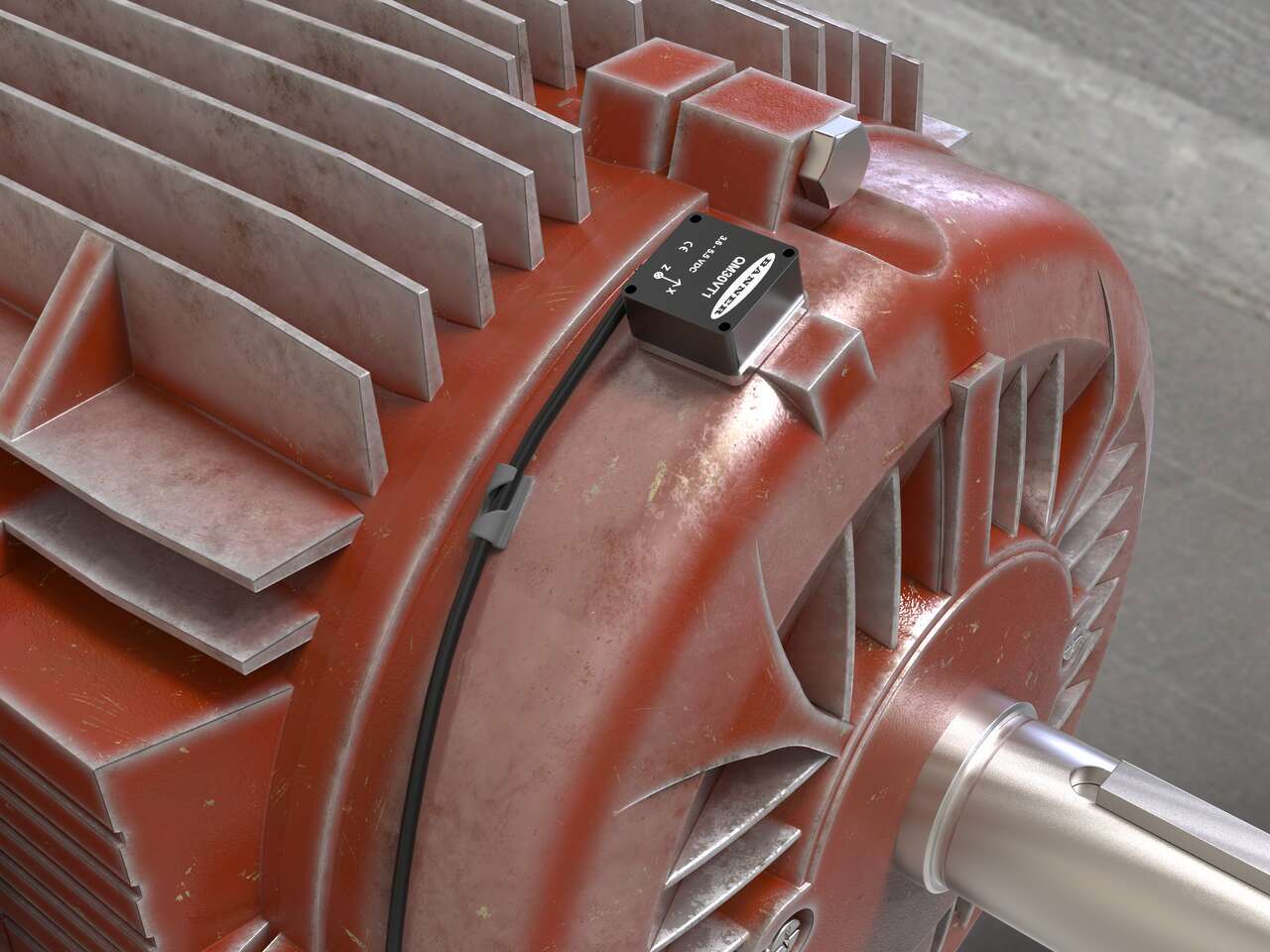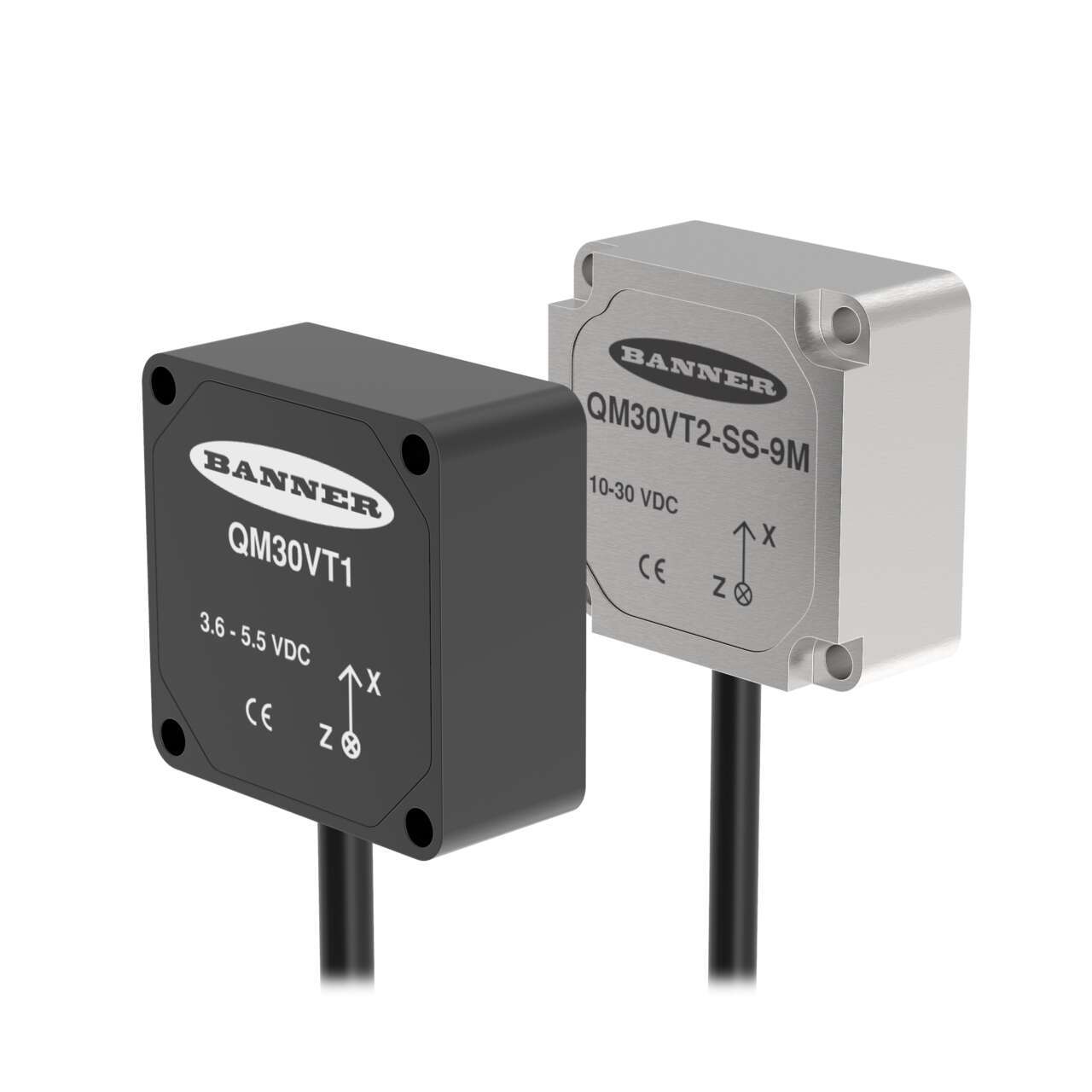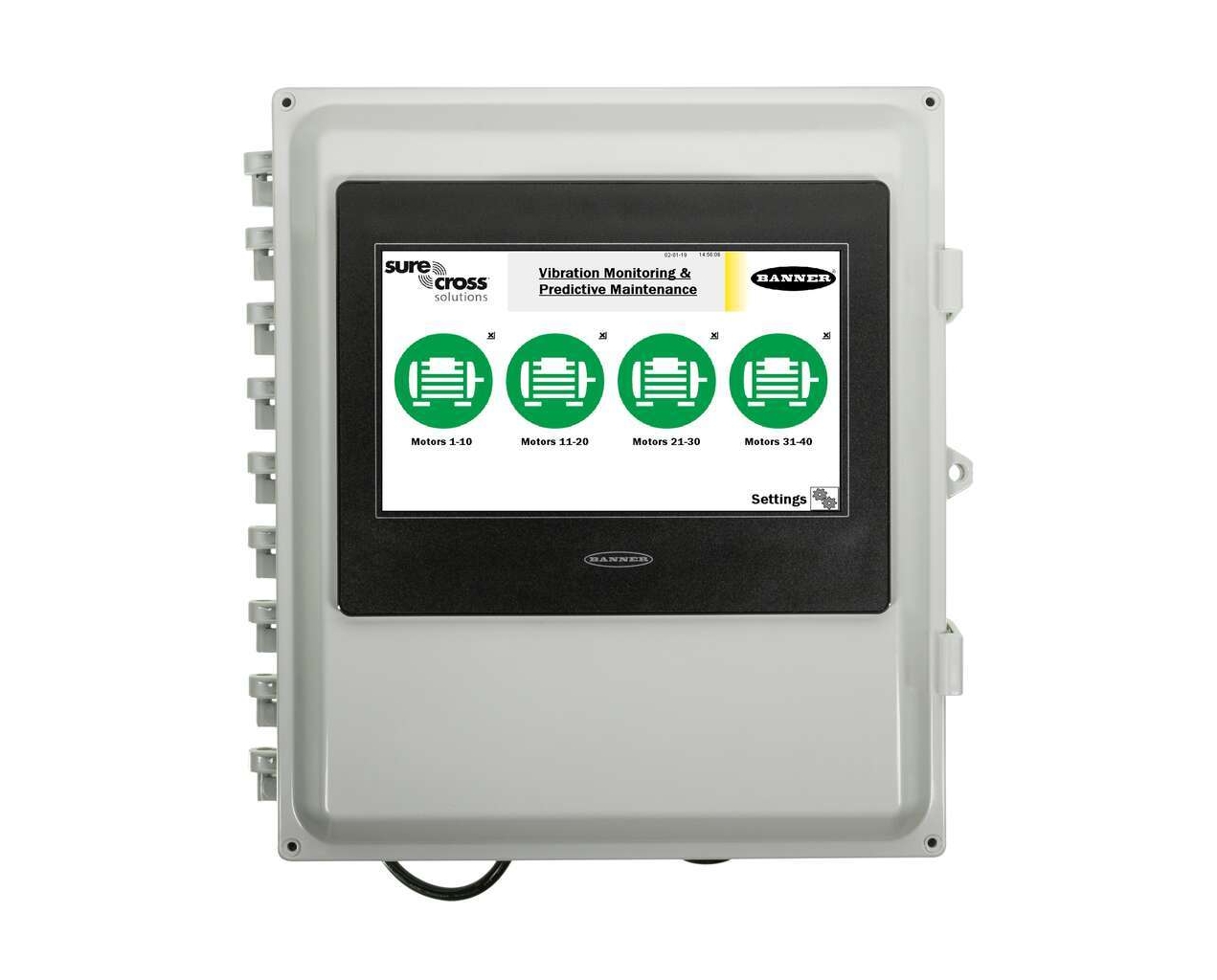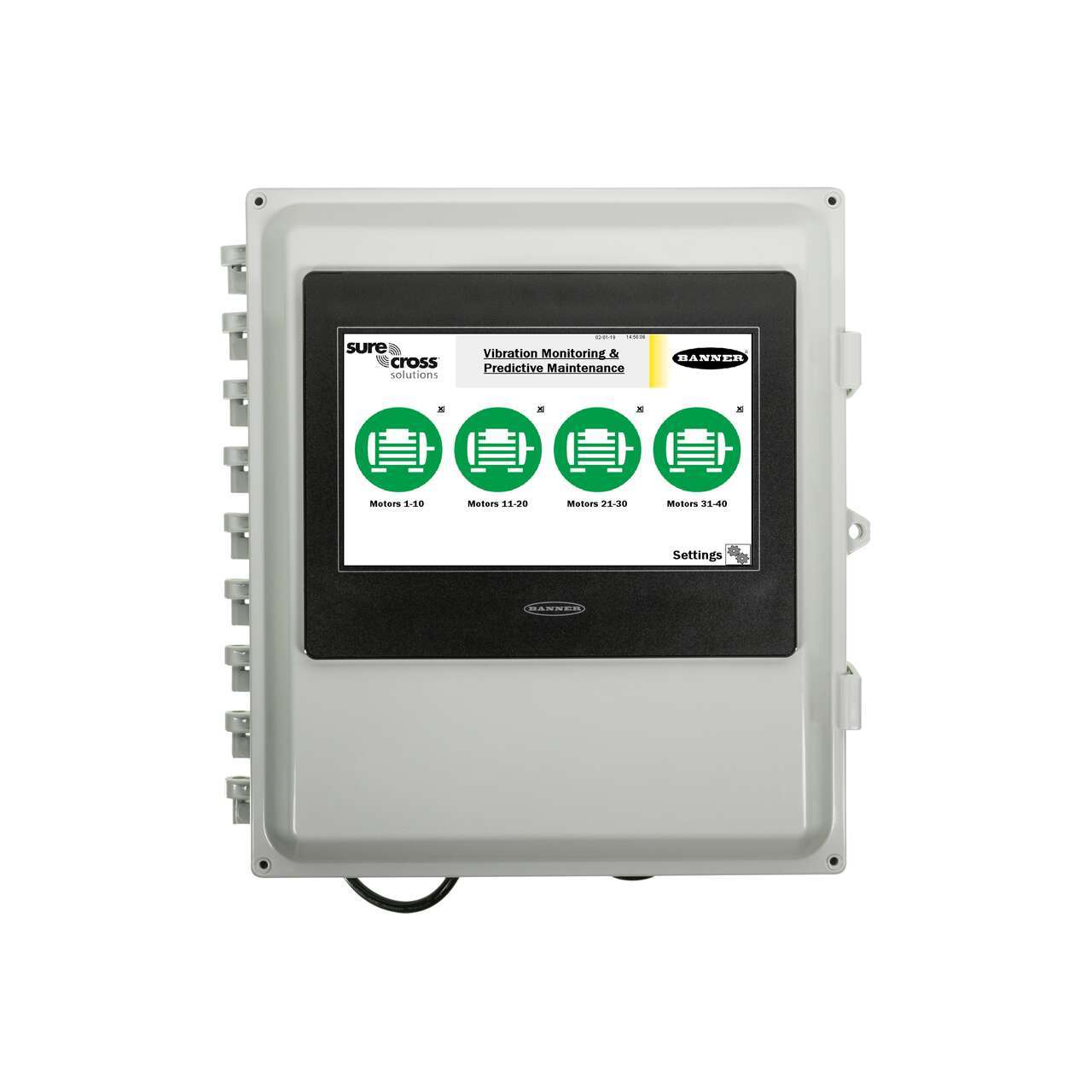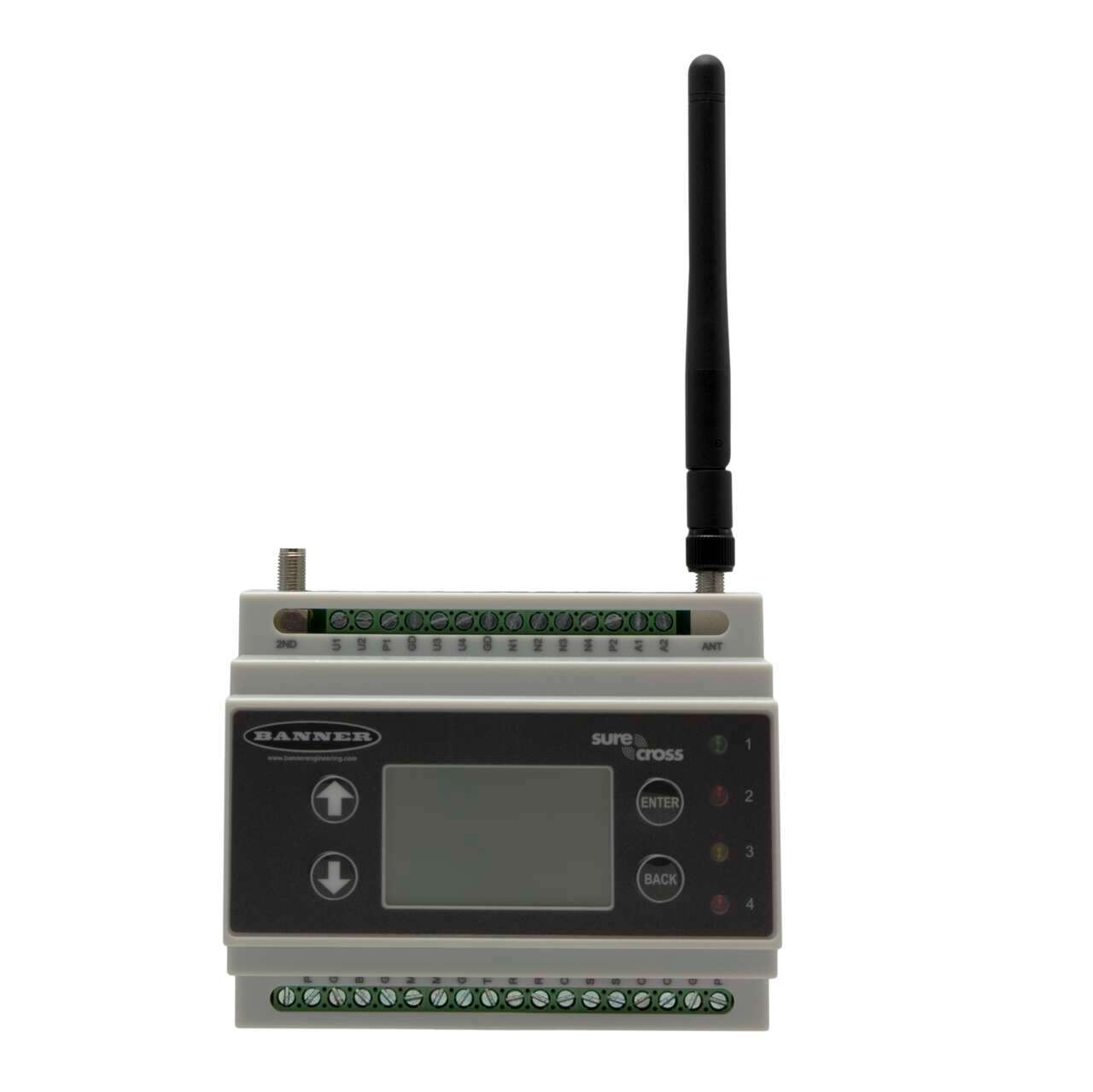Predictive Maintenance and Condition Monitoring
Maintenance Based on Data from the Machine Itself
Predictive maintenance is becoming essential to the smart factory. Predictive maintenance enables users to more accurately anticipate when machine maintenance will be needed based on real-time data from the machines themselves.
The ability to accurately track machine performance and anticipate failures before they occur is helping manufacturers improve productivity and reduce wasted time and costs.
What It Is and Why It Matters
Predictive maintenance is the process of tracking the performance of crucial machine components, such as motors, to minimize downtime needed for repairs. Predictive maintenance enables users to more accurately anticipate when machine maintenance will be needed based on real-time data from the machines themselves.
Traditionally, plant managers relied on preventative maintenance schedules provided by a machine’s manufacturer, including regularly replacing machine components on a suggested timeline. However, these timelines are only estimates of when the machine will require service, and the actual use of the machine can greatly affect the reliability of these estimates.
For example, if bearings wear prematurely or a motor overheats, a machine may require service sooner than anticipated. Furthermore, if a problem goes undetected for too long, the issue could escalate to further damage the machine and lead to costly unplanned downtime. Predictive maintenance helps avoid these problems, saving time and costs.
Vibration & Temperature Indicate Machine Health
Condition monitoring plays a key role in predictive maintenance by allowing users to identify critical changes in machine performance. One important condition to monitor is vibration. Machine vibration is often caused by imbalanced, misaligned, loose, or worn parts.
As vibration increases, so can damage to the machine. By monitoring motors, pumps, compressors, fans, blowers, and gearboxes for increases in vibration, problems can be detected before they become severe and result in unplanned downtime.
Vibration sensors typically measure RMS velocity, which provides the most uniform measurement of vibration over a wide range of machine frequencies and is indicative of overall machine health. Another key data point is temperature change (i.e. overheating).
Automatically Set Baseline & Alert Thresholds
Machine learning takes condition monitoring data and automatically defines a machine's baseline conditions and sets thresholds for acute and chronic conditions so that you know in advance--and with confidence--when your machine will require maintenance.
After mounting the vibration sensor onto your machine, most sensors require you to collect enough data to establish a baseline for the machine. Machine learning removes the chances of human error by automating the data analysis.
A condition monitoring solution with machine learning will recognize the machine’s unique baseline of vibration and temperature levels and automatically set warning and alert thresholds at the appropriate points. This makes the condition monitoring system more reliable and less dependent on error-prone manual calculations.
Real Time Alerts, Long Term Optimization
When a vibration or temperature threhold has been exceeded, a smart condition monitoring system provides both local indication, such as sending a signal to a tower light in a central location, and remote alerts like emails or text messages. This ensures that warnings are addressed quickly.
In addition, a condition monitoring solution that allows you to log the collected data over time enables even more optimization. With a wireless system, vibration and temperature data can be sent to a wireless controller or programmable logic controller (PLC) for in-depth, long-term analysis.
Vibration and Temperature Sensor
QM30VT Series sensors have a low-profile design and rigid metal construction that reduces resonant interference and increases surface contact, enabling exceptional levels of accuracy in measuring RMS velocity and temperature. They are able to detect even slight increases in machine vibration and temperature for early identification of potential problems.
- Communicates performance data using a MultiHop Modbus Radio or 1-Wire Serial Node to a DXM Series wireless controller or gateway
- Detects potential problems on motors, fans, pumps, and any machine with rotating motion or vibration
- Ultracompact design fits easily in small spaces
- Available in models with a 316L stainless steel housing or a heavy-duty aluminum housing
- Fully compatible with Connected Data Solutions software and the Wireless Solutions Kit for Vibration and Temperature
For Vibration Monitoring
Wireless Controller for IIoT Applications
DXM 系列工業無線控制器設計用於促進乙太網路連接和工業物聯網 (IIoT) 應用。
- ISM 模組可用於本地無線網路,提供頻率為 900 MHz 或 2.4 GHz 兩種型號
- 將 Modbus RTU 轉換為 Modbus TCP/IP 或乙太網路/IP
- 邏輯控制器可以使用動作規則和文字說明方法進行編程
- 用於數據記錄的 Micro SD 卡
- 電子郵件和文字警報
- 用於蜂巢式網路的蜂巢式數據機
